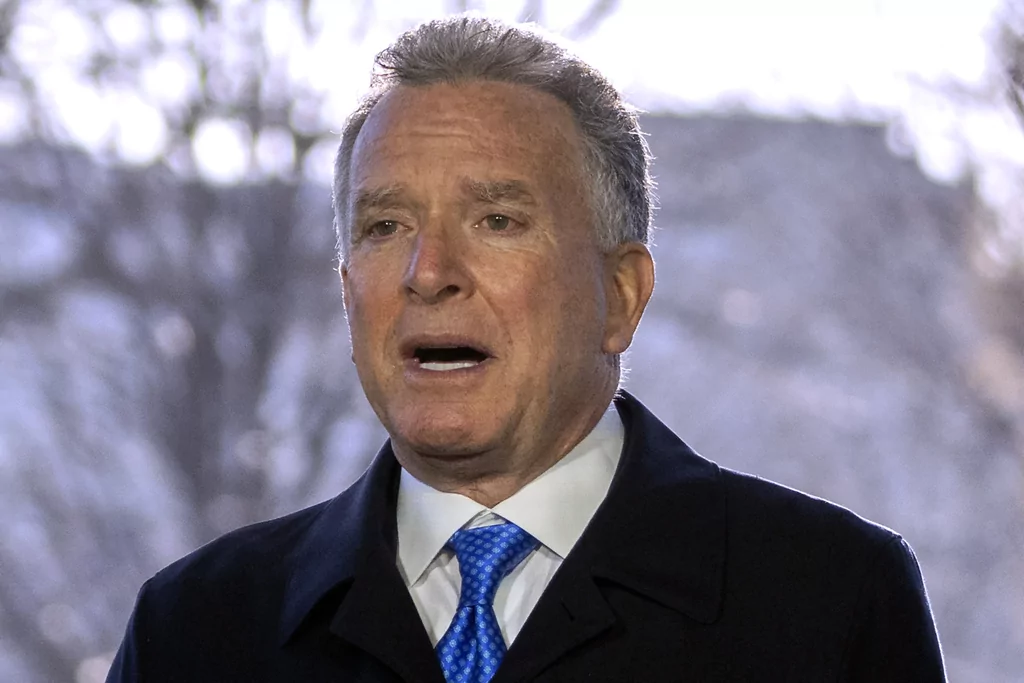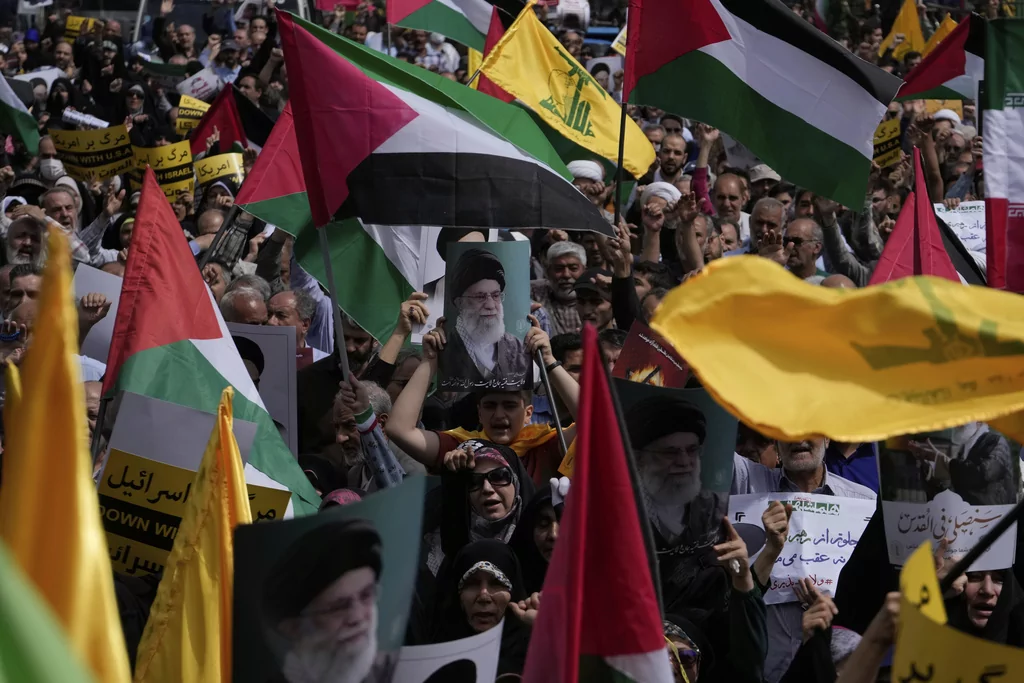The United States and Iran are set to begin some form of discussions in Oman this weekend, but the governments have vastly different ideas how the meeting will take place.
Iran insists that these talks will be “indirect” — carried out through third-party mediators passing messages between the U.S. and themselves. However, the U.S., including President Donald Trump himself, maintains that the talks will be “direct.”
“There’ll be direct level talks between Ambassador [Steve] Witkoff and a top-level leader in Iran,” Secretary of State Marco Rubio said at a Thursday press conference. “We hope that will lead to peace. We’ve been very clear what Iran is never going to have is a nuclear weapon.”

Rubio’s statement, echoing Trump’s promise for “direct talks” from earlier in the week, runs directly counter to multiple statements from Iranian officials explicitly rejecting the idea of communicating directly.
“For the time being, indirect is our preference,” Iranian Foreign Minister Abbas Araghchi said earlier this week. “And we have no plan to alter it to direct.”
Counterintuitively, the most vocal agreement between the two parties is that these talks will not be “negotiating” anything. What each country means by that sentiment is not entirely clear.
State Department spokeswoman Tammy Bruce touched on this point Tuesday when she said there would be “no negotiations” in Oman.
“This is a dynamic where the president has made very clear and certainly the secretary has made very clear that Iran will never have a nuclear weapon,” she said. “It’s touching base, yes. Again, it’s not a negotiation. It’s a meeting.”
“We will not accept any other form of negotiation,” Araghchi said in a separate press comment.
Trump is pitching this meeting as a final chance for Iran to work with the U.S. to address the Middle Eastern country’s nuclear development program, which the president says must be immediately halted.

Warning that there will be “all hell to pay” if discussions stall or prove fruitless, the White House has signaled a willingness to take military action against the Iranian nuclear facilities if diplomacy fails.
“I think our position begins with ‘dismantlement of your program.’ That is our position today,” Witkoff said on Friday about his mentality toward his Iranian counterparts.
AFTER NEARLY A MONTH OF ‘RELENTLESS’ BOMBING, TEMEN’S HOUTHIS ARE DEGRADED, BUT UNDETERRED
Witkoff clarified that there is still room for discussion, however, and the U.S. demand for denuclearization “doesn’t mean … that at the margin we’re not going to find other ways to find compromise between the two countries.”
An aide to Iranian Supreme Leader Ayatollah Ali Khamenei signaled on Friday a similar sense of sincerity heading into the talks.
“Far from putting up a show and merely talking in front of the cameras, Tehran is seeking a real and fair agreement, important and implementable proposals are ready,” the supreme leader’s adviser, Ali Shamkhani, said.














